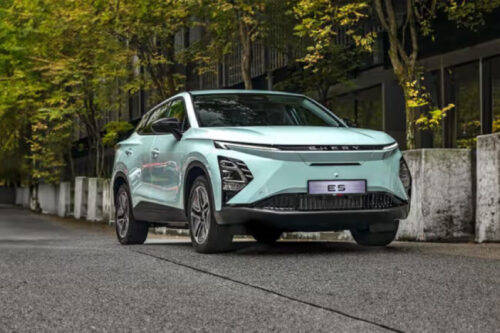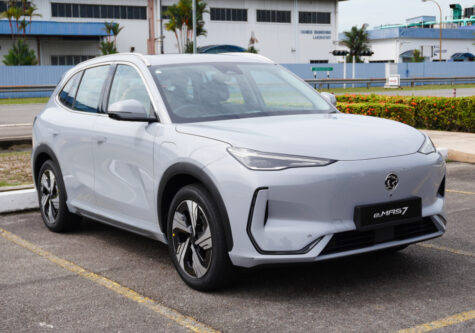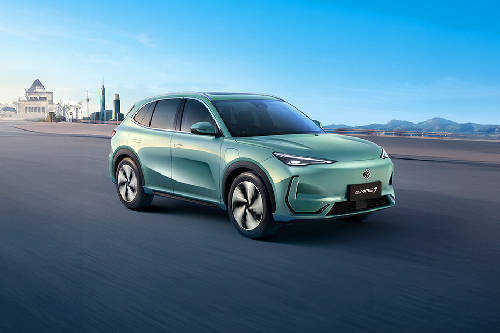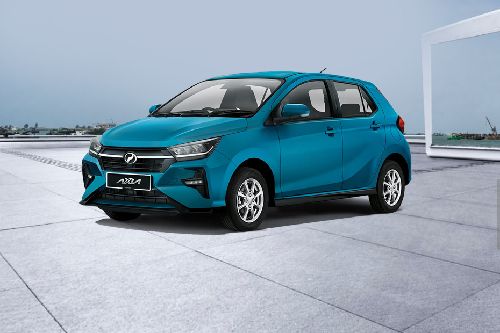Shell to sell Malaysian fuel stations to Saudi Aramco
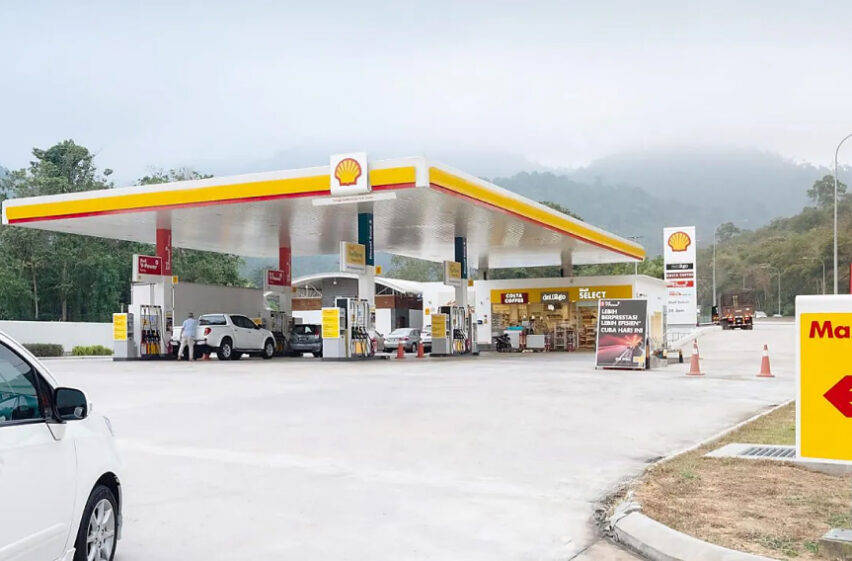
KUALA LUMPUR: According to Reuters, Shell is currently in discussions to divest its Malaysian fuel station operations to Saudi Aramco. This business ranks as the second largest in Malaysia, with industry insiders suggesting the deal could approach $1 billion. Shell, maintaining a network of about 950 stations across Malaysia, has not commented on these negotiations. Saudi Aramco has similarly withheld comments.
KEY TAKEAWAYS
Why is Shell selling its fuel stations in Malaysia?
Apparently it's due to a broader strategy to streamline the company's focus on its most lucrative segments.How big are Shell in Malaysia?
Shell has a network of about 950 stations across MalaysiaThe talks, which initiated in late 2023, could conclude in the next few months with a potential transaction valued between 4 billion and 5 billion Malaysian ringgit ($844 million to $1.06 billion), as per two sources familiar with the matter.
This potential sale is part of Shell CEO Wael Sawan's broader strategy to streamline the company's focus on its most lucrative segments. This year, Shell plans to offload 500 fuel stations and is also in the process of selling its refinery and petrochemical complex in Singapore, which supports the Malaysian fuel station network.
Saudi Aramco, which currently does not operate fuel stations in Malaysia, does own a significant stake in the Pengerang refinery in Johor. This facility is a joint venture with Malaysia's Petronas and has a production capacity of 300,000 barrels per day, serving both domestic and international markets.
The potential sale of Shell's fuel stations in Malaysia to Saudi Aramco could have several implications for Malaysia and its citizens. Economically, the influx of investment from such a significant deal could bolster the local economy, potentially leading to job creation, especially in the retail and service sectors linked to the fuel stations.
For consumers, the entry of a new player like Saudi Aramco might lead to increased competition in the fuel retail market. This could result in more competitive pricing and possibly improved service standards as the new owner strives to establish its presence and attract customers. Additionally, Aramco's global expertise in the oil and gas sector could bring advanced technologies and practices to the Malaysian market, potentially enhancing operational efficiencies and environmental standards.
However, there may also be concerns about market consolidation and foreign control over critical national infrastructure, which could influence fuel prices and availability in the long term. It will be important for regulatory bodies to closely monitor and manage this transition to ensure it aligns with national interests and consumer protection.
Overall, this deal represents a significant shift in Malaysia's energy sector, which could reshape the market dynamics and influence the economic landscape in the coming years.
The timing of Shell's potential sale of its Malaysian fuel stations to Saudi Aramco becomes even more significant considering Malaysia's current economic policy shifts, particularly the planned phasing out of fuel subsidies. This decision to potentially end subsidies could dramatically affect fuel prices and consumption patterns across the nation.
This development is intriguing not just from a business perspective but also from a socio-economic viewpoint, as it intersects with significant policy changes in Malaysia. How this plays out could provide insights into the resilience of the Malaysian market and the adaptability of major international corporations like Saudi Aramco in foreign markets undergoing significant economic reforms.
Also Read: MySubsidi diesel pilot programme to commence next month
Sell your car at the best price
 Verified and genuine buyers
Verified and genuine buyers
Trending & Fresh Updates
- Latest
- Popular
You might also be interested in
- News
- Featured Stories
Featured Cars
- Latest
- Upcoming
- Popular
Latest Car Videos on Zigwheels




